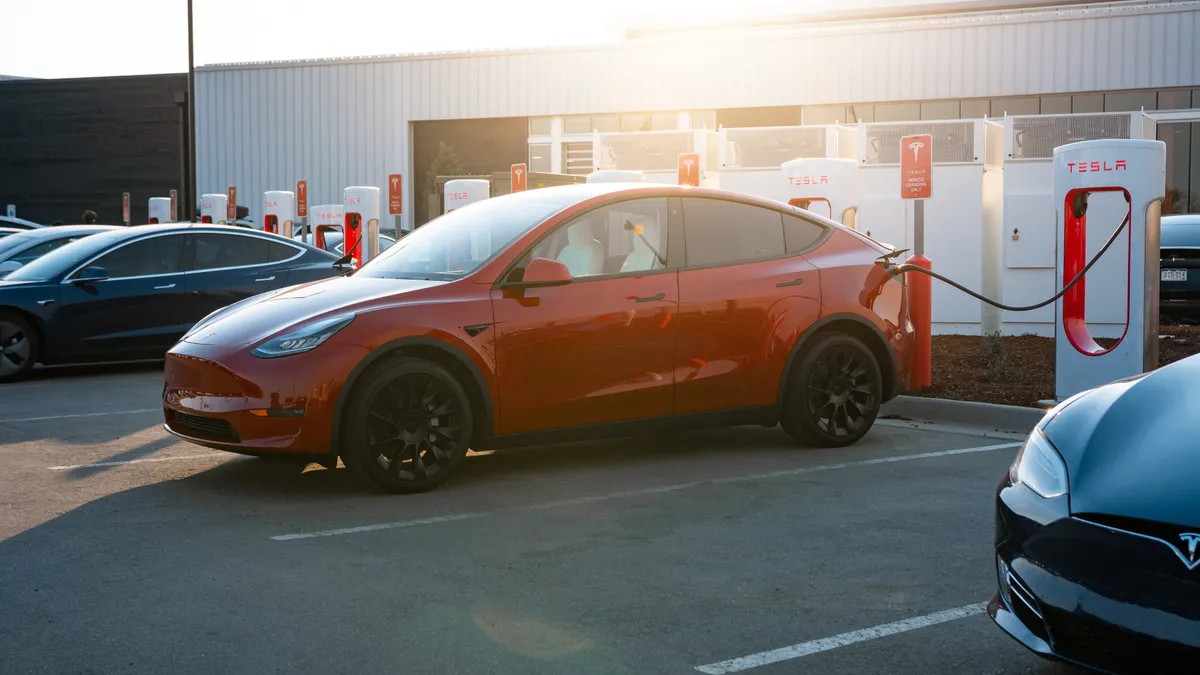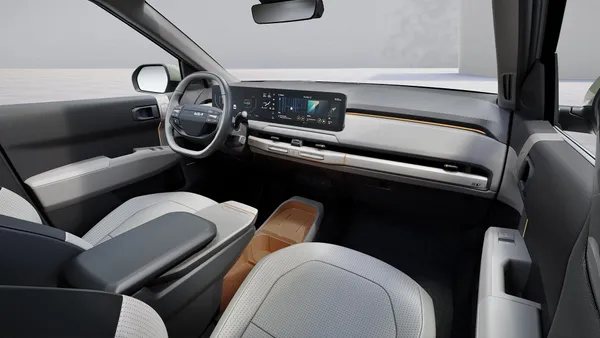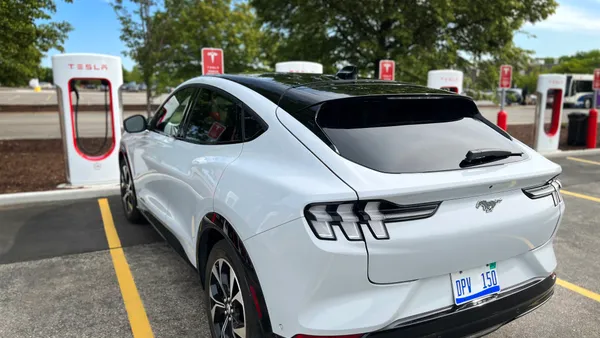Dive Brief:
- Though automakers are investing hundreds of billions of dollars in the electric vehicle transition, nearly half (45%) of all vehicle shoppers are not currently considering EVs, according to Cox Automotive’s 2024 Path to EV Adoption Study released in May.
- While some buyers are currently skeptical of EVs, many will consider switching from cars with traditional internal combustion engines within the next three to five years, as the market and EV technology continues to develop.
- “We remain bullish on the long-term future of EV sales in America, as many Skeptics today will be carefully considering an EV by the end of the decade,” Isabelle Helms, vice president of Research and Market Intelligence at Cox Automotive, said in a press release. Indeed, 80% of buyers currently skeptical of EVs said they would consider purchasing one within 10 years.
Dive Insight:
Just as EV sales are growing, albeit slowly, EV consideration will also grow in time, according to the Cox Automotive study. The study provides an overview of how consumers are viewing a future EV purchase — whether they intend to buy an EV within the next two years (“Intenders”), they are considering buying one within the next two years (“Considerers”), or they are planning to purchase an ICE vehicle within the next two years (“Skeptics”). Researchers surveyed 2,557 U.S. vehicle shoppers and 526 dealers across the country, varied by age, income and current car ownership.
Considerers pointed to the price of EVs as the top reason they had not fully decided on purchasing one, followed by a lack of charging stations.
For Skeptics, the top barrier to purchasing an EV now is the lack of charging stations. But 65% said they could be motivated to switch from an ICE vehicle when EV technology improves, such as range and charging speeds.
Amid slow EV growth, consideration from vehicle buyers has fallen from its highest point in 2022, when Cox Automotive reported that 51% of buyers were considering an EV, and 73% of Considers said they were likely to buy one.
Still, the market is widening, as the study revealed that lower-income households are now considering transitioning to EVs. In addition, 77% of shoppers are considering used EVs, up from 62% in 2021. Non-luxury EVs are also on shoppers’ minds. According to the study, outside of Tesla, buyers are more likely to consider a Ford EV than other cars.
“While we’ve seen EV sales growth slow and consideration dip, we believe this is part of a normal growth curve and not the end of the story,” said Helms.











